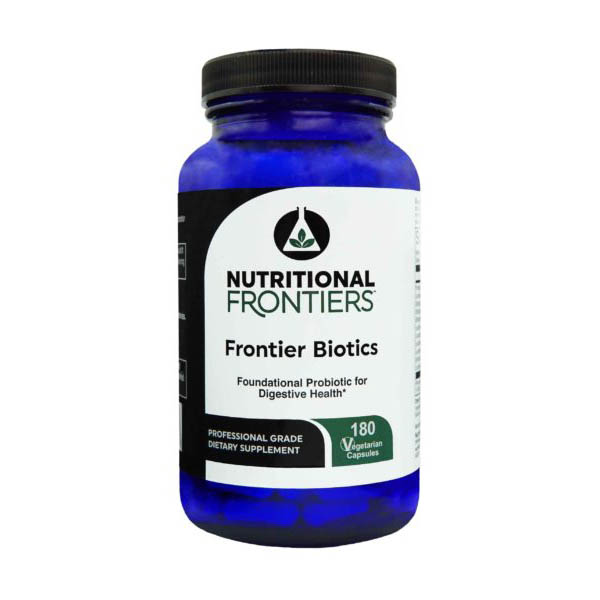Lactobacillus acidophilus (La-14): well-suited for intestinal survival, strong adhesion to intestinal wall, enhances immune regulation, inhibits common pathogens.
Bifidobacterium lactis (Bl-04): high tolerance to survival in intestinal conditions (acid & bile), strong adhesion to intestinal wall, maintains & rapidly restores microbiota after antibiotic therapy, improves immune response, may reduce inflammation.
Bifidobacterium longum (Bl-05) and Bifidobacterium breve (Bb-03: discovered in 1899 in the feces of breastfed infants and are the most abundant species in the intestines of nursing babies. Adheres well to intestinal wall and survives acid and bile.
Lactobacillus plantarum (Lp-115): Occurs spontaneously in naturally fermented plant-based foods like olives, sauerkraut, & kimchi. Used as starter in sourdough bread, meat products, & wine. High survival rates in human intestines (bile, acid, pepsin, and pancreatin). Modulates immune system and fights disease-causing bacteria.
Lactobacillus rhamnosus (Lr-32): Like the others, is well suited for survival in intestines (acid and bile) and adherence to intestinal wall. Anti-inflammatory and immune regulatory effects. Lactobacillus casei (Lc-11): Found naturally in fermented meat, milk, and vegetables, this strain is used as a started culture in fermented food products. This strain inhibits common pathogenic bacteria, is highly tolerant of acid and bile thus survives well in the human intestinal tract.
Lactobacillus salivarius (Ls-33): this species inhabits both the intestinal tract and the urogenital area. It modulates the immune system and inflammation, perhaps helping in colitis. Also inhibits common pathogens and is well-suited for intestinal survival.






